Well, talk about a nasty scandal. Amnesty International has come forward with a report based on an investigation they carried out with the African Resources Watch group that names a number of high-level tech companies who source raw materials from firms which benefit from child labor.
Samsung, Apple, Microsoft, Sony, Lenovo and Huawei were among the notable names in the report. To be specific, it’s said that the main source of cobalt — which is a material needed for making lithium-ion batteries — comes from Congo Dongfang Mining, a company under the umbrella of Chinese firm Zhejiang Huayou Cobalt, who specializes in mineral extraction in the Democratic Republic of Congo. That firm was found to be employing children as young as 7 years old in the mines.
The children are said to carry out a wide range of duties, whether it’s scavenging for materials at the surface of the mine or going down deep in dangerous conditions for more concentrated mineral extraction. If that’s not enough, some children were asked to work as much as 24 hours without proper rest, and they’re often required to relieve themselves within the mine.
It’s a nasty revelation, but one that these companies seemingly take seriously. Apple, Samsung and Sony say they all try their hardest to make sure the materials they use are not sourced through companies known to violate human rights laws, and that they take measures to cut off all ties with any business found to be doing so. Somehow, though, this particular company seemed to steer clear of any suspicion.
But Amnesty International is calling bologna, or so says Mark Dummett, a researcher for the organization:
Companies whose global profits total $125bn (£86.7bn) cannot credibly claim that they are unable to check where key minerals in their productions come from.
The issue, Dummett says, is that buyers prefer to make the sale and avoid asking any questions about where, exactly, their stuff comes from. It’s a classic “don’t ask, don’t tell” tactic that offers plausible deniability in the event that situations like these turn up.
It’s Amnesty’s hope that companies will cease that thinking. They loathe the current status quo where companies produce these amazing gadgets and market them with great pomp and circumstance, and consumers buy them with great joy without knowing what, exactly, went into the creation of them. We sweep these things under the rug and pretend it isn’t happening, and it’s that level of contentedness that makes it hard to change what’s going on.
I’m surely not feeling so good after knowing that the phones and devices I love might well be the result of all this. Let’s hope Amnesty International’s efforts are enough to incite much-needed change.
[via BBC]

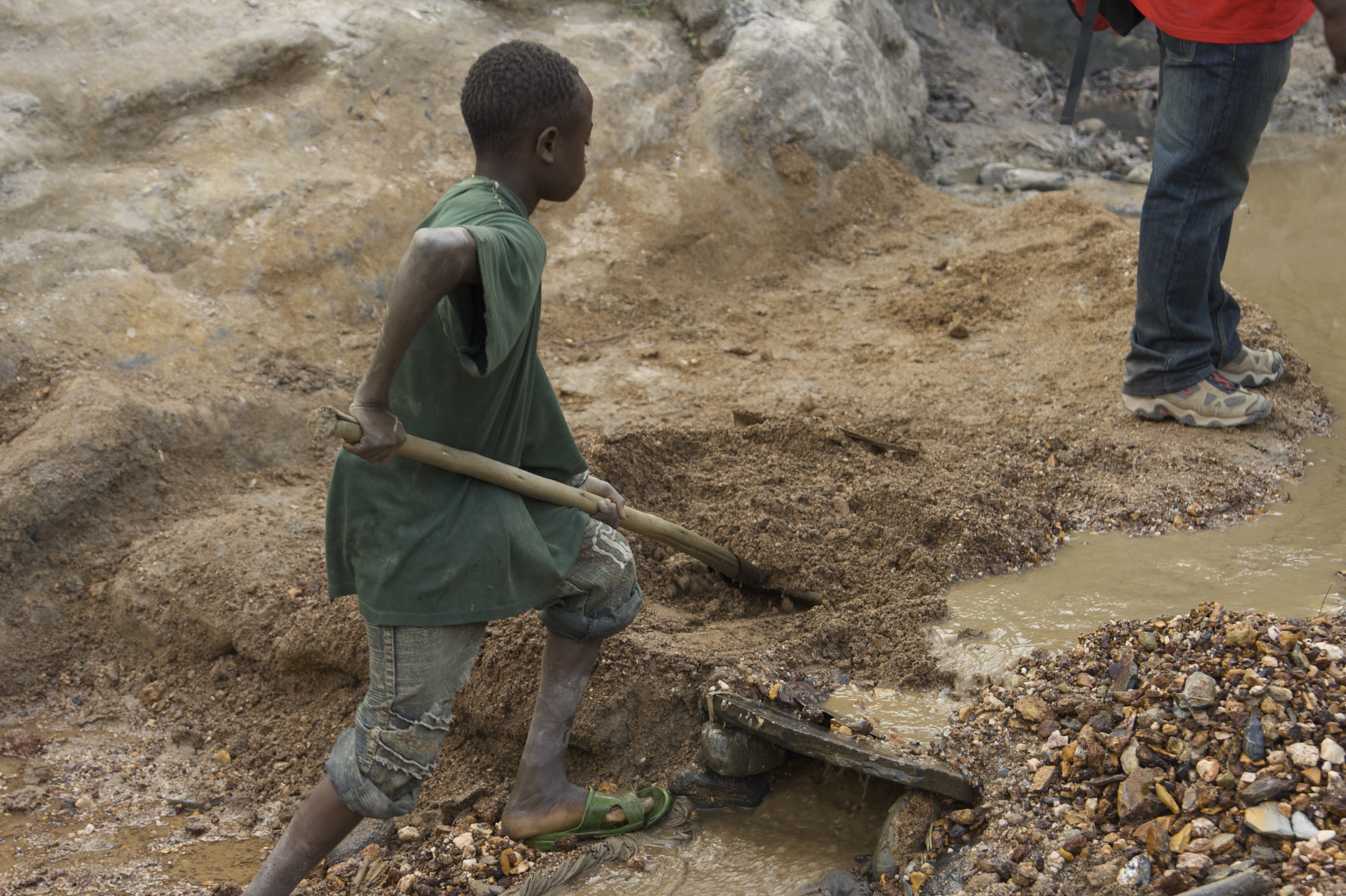
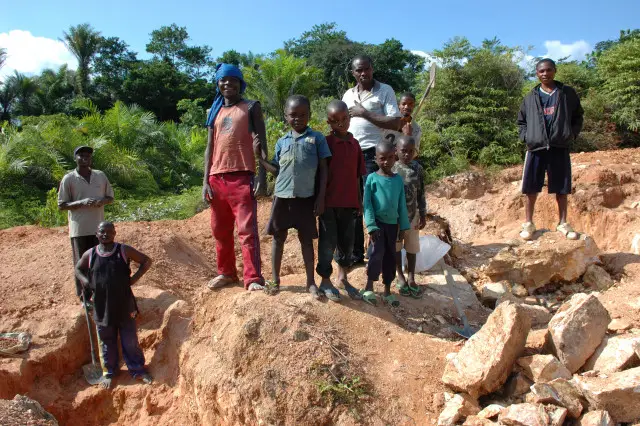
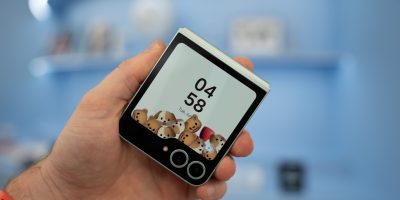
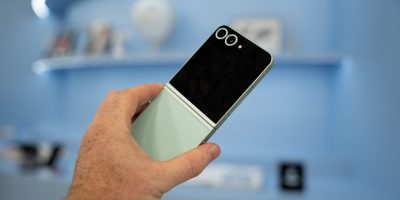
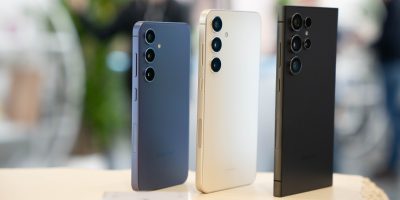
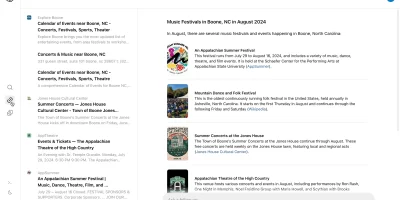
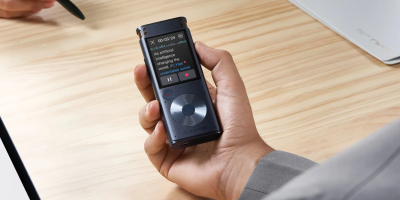
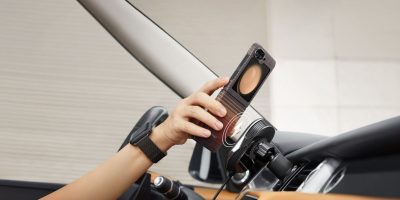


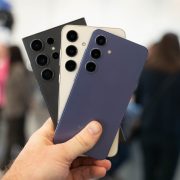

Comments